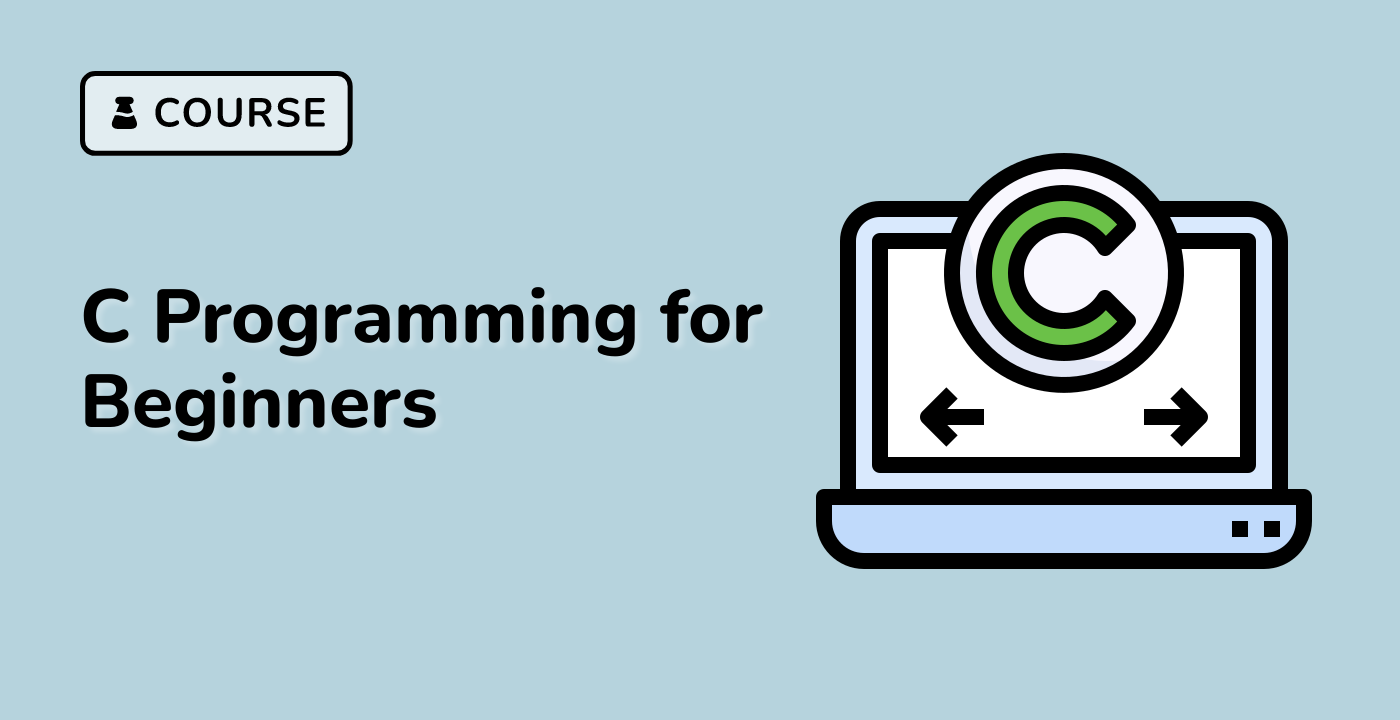Math Library Basics
What is a Math Library?
A math library in C programming is a collection of pre-written mathematical functions that provide advanced computational capabilities beyond basic arithmetic operations. These libraries offer complex mathematical calculations such as trigonometric functions, logarithms, exponential operations, and statistical computations.
Standard Math Library in C
In C programming, the standard math library is <math.h>, which provides a wide range of mathematical functions. This library is essential for scientific computing, engineering applications, and advanced mathematical calculations.
Key Mathematical Functions
| Function |
Description |
Example Usage |
| sin() |
Sine of an angle |
double result = sin(3.14/2); |
| cos() |
Cosine of an angle |
double result = cos(0); |
| sqrt() |
Square root |
double result = sqrt(16); |
| pow() |
Exponential power |
double result = pow(2, 3); |
| log() |
Natural logarithm |
double result = log(10); |
Types of Math Libraries
graph TD
A[Math Libraries] --> B[Standard C Math Library]
A --> C[Advanced Scientific Libraries]
A --> D[Platform-Specific Libraries]
B --> B1[]
C --> C1[GSL]
C --> C2[LAPACK]
D --> D1[Intel MKL]
Memory and Precision Considerations
When using math libraries, developers should be aware of:
- Floating-point precision
- Memory allocation
- Computational complexity
- Performance overhead
LabEx Recommendation
For beginners learning mathematical computations in C, LabEx provides comprehensive programming environments that support efficient math library integration and exploration.
Compilation Requirements
To use mathematical functions, you must:
- Include
<math.h> header
- Link with the math library using
-lm flag during compilation
Example Compilation
gcc -o math_program math_program.c -lm
This approach ensures proper linking of mathematical functions during the build process.




